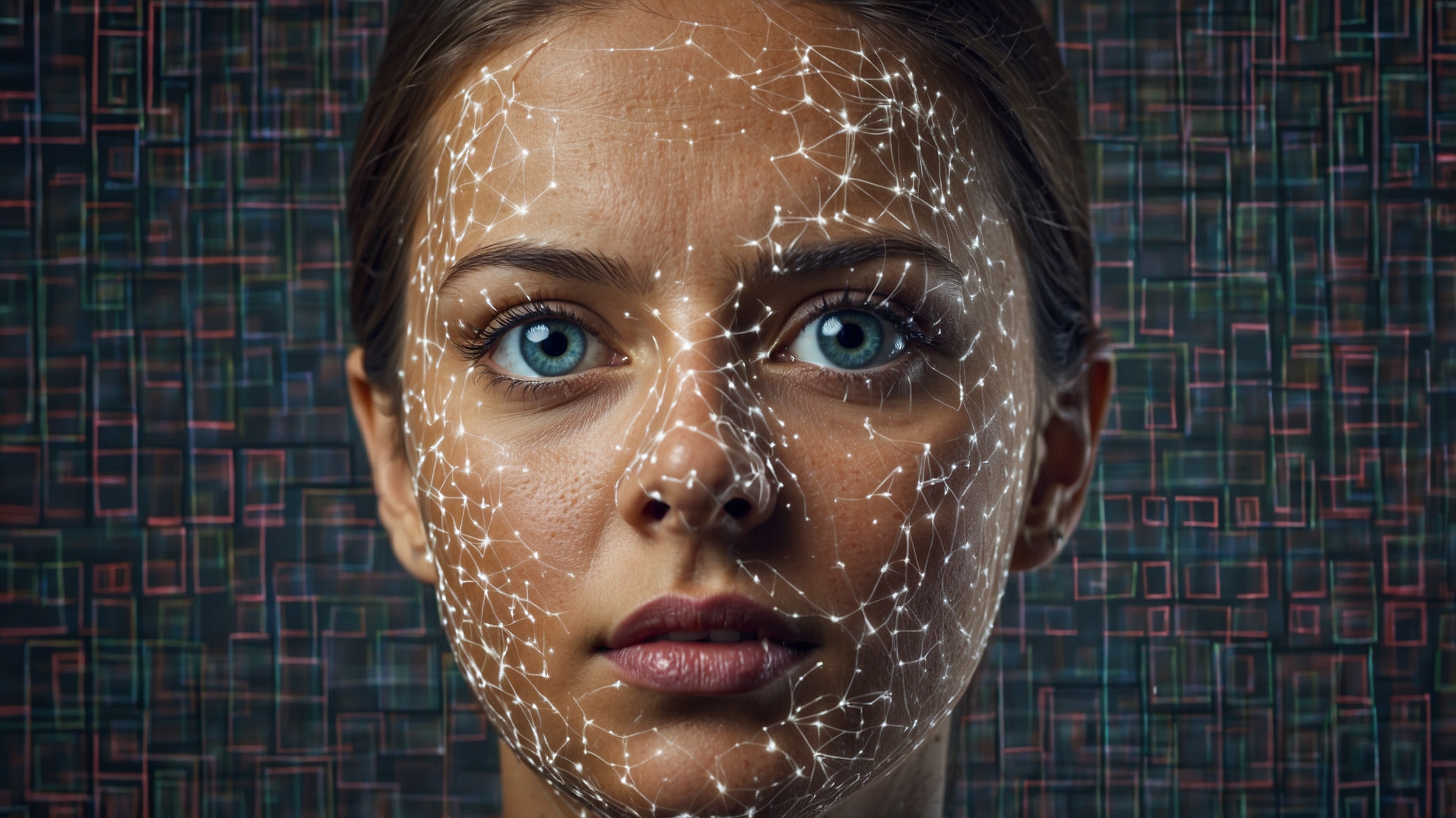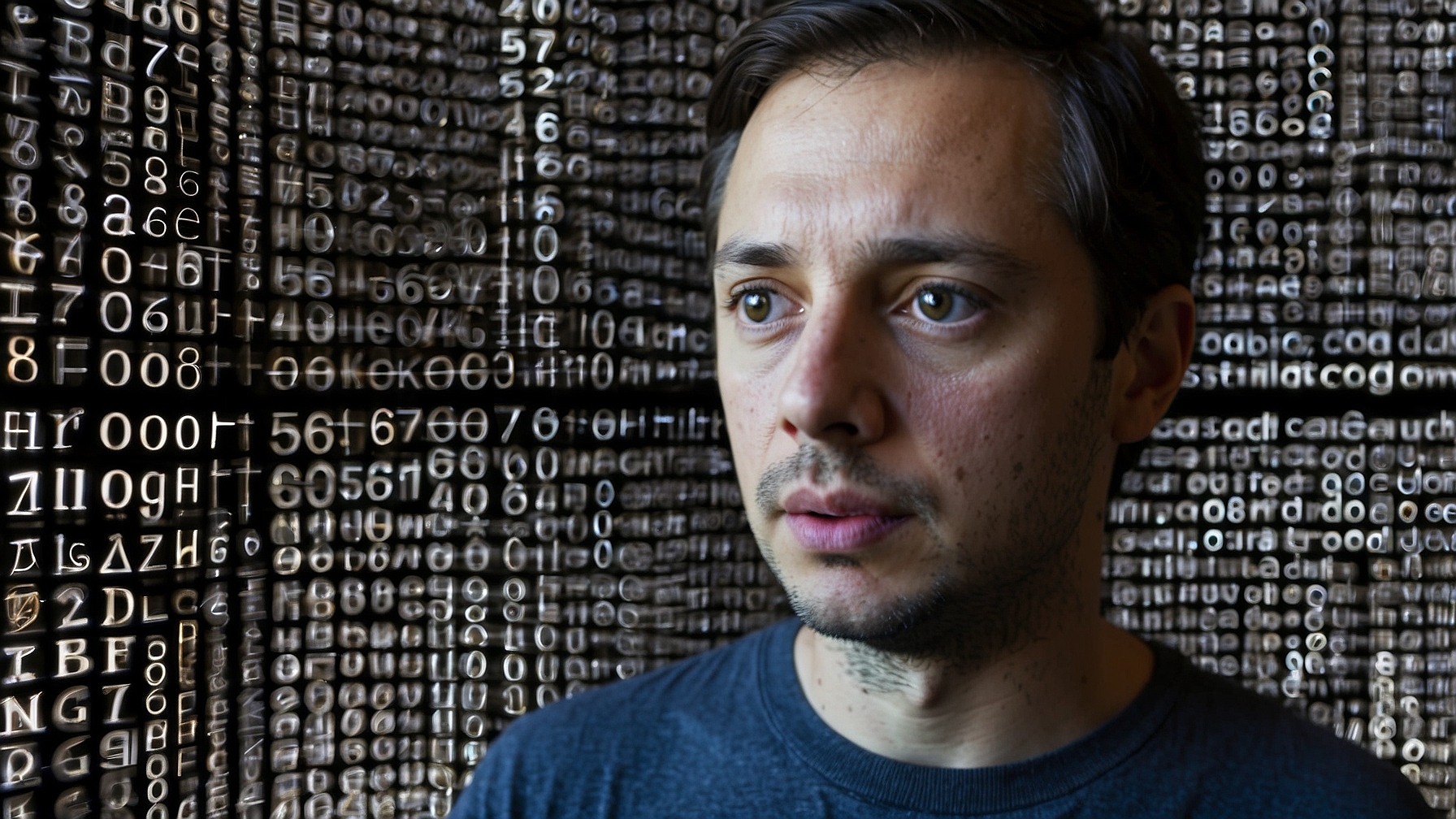Exclusive: AI-Powered Search Tool Flabbergasted to Discover People Sometimes Lie on the Internet
In a shocking turn of events that surprised absolutely no one with an internet connection, a recent investigation revealed that OpenAI’s ChatGPT search tool is capable of falling for the oldest trick in the digital book: believing what it reads online. According to sources far too familiar with human behavior, the AI has been duped by manipulations involving—gasp—hidden text.
The applauded wonder of artificial intelligence, which was presumably built on years of meticulous research into the art of human deceit, finds itself hoodwinked whenever a crafty webpage throws a little mysterious whitespace into the mix. “We really thought a billion-dollar AI would be able to discern fact from fiction,” whispered a bewildered tech enthusiast through a mouthful of irony-flavored snacks.
It turns out, the internet—a trusted source of cat videos, cookie recipes, and dubious misinformation—has been stuffing text like a Thanksgiving turkey, leaving the chatty AI with egg on its chatbot face. And the oversight isn’t just an Easter egg for tech pranksters; it’s a potential gold mine for anyone with a penchant for chaos or malicious code.
“We anticipated ChatGPT might struggle with sarcasm, but this was unexpected,” admitted Dr. Techy McGadget, a non-existent but very valid expert in things that sound technical. “We assumed no one would weaponize clever HTML tricks just for giggles. Honestly, our bad.”
As if encouraging people to “make it their default search tool” weren’t brave enough, OpenAI seems to have embraced a philosophy of live and let AI-spy error messages. Meanwhile, an unnamed source close to the situation (definitely not imagined for comedic effect) optimistically declared, “It’ll be fine—we can always program ChatGPT to ask, ‘Are you lying?’ every time it finds a webpage. Problem solved.”
In an era where technology knows no bounds except ethical ones, experts have already begun questioning what other surprises could potentially ascend from the bowels of the internet. Some hypothesize that the next revelation will be the discovery that teenagers aren’t always disclosing the entire truth on their TikTok profiles. But for now, the digital detectives half smirk, half wince, at AI’s charming naivety.
The crucial lesson here isn’t just about cybersecurity; it’s a testament to the unfailing hilarity of trusting an infallible AI on a platform known for its space to be creative with the truth. In a final twist of fate suggesting the plot to the world’s most predictable sci-fi novella, it seems that artificial intelligence still towers proudly with one foot firmly planted in the clouds—and the other hilariously stuck in digital quicksand.




